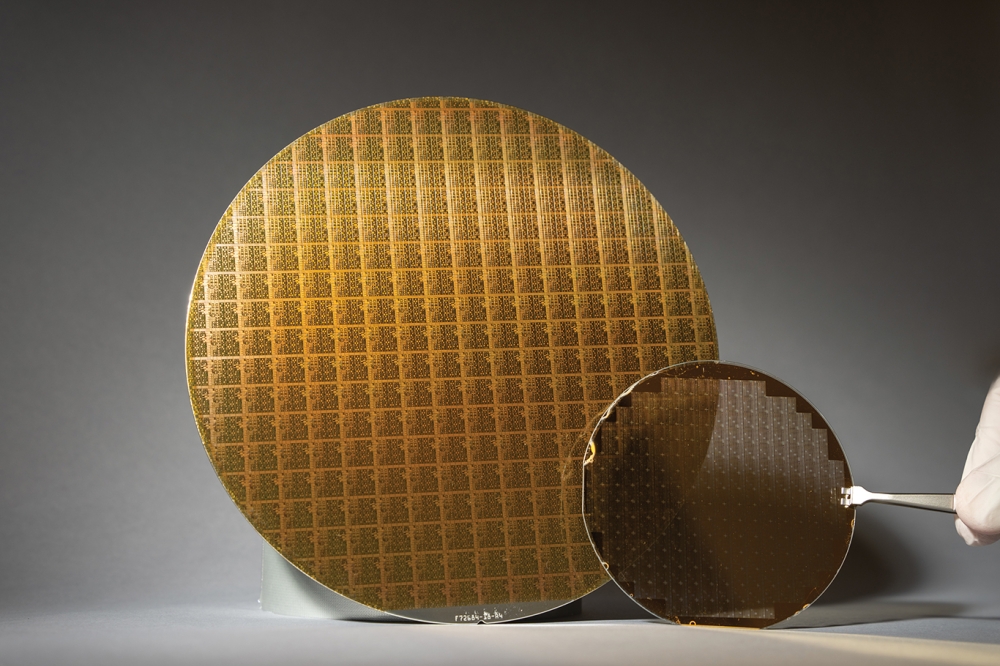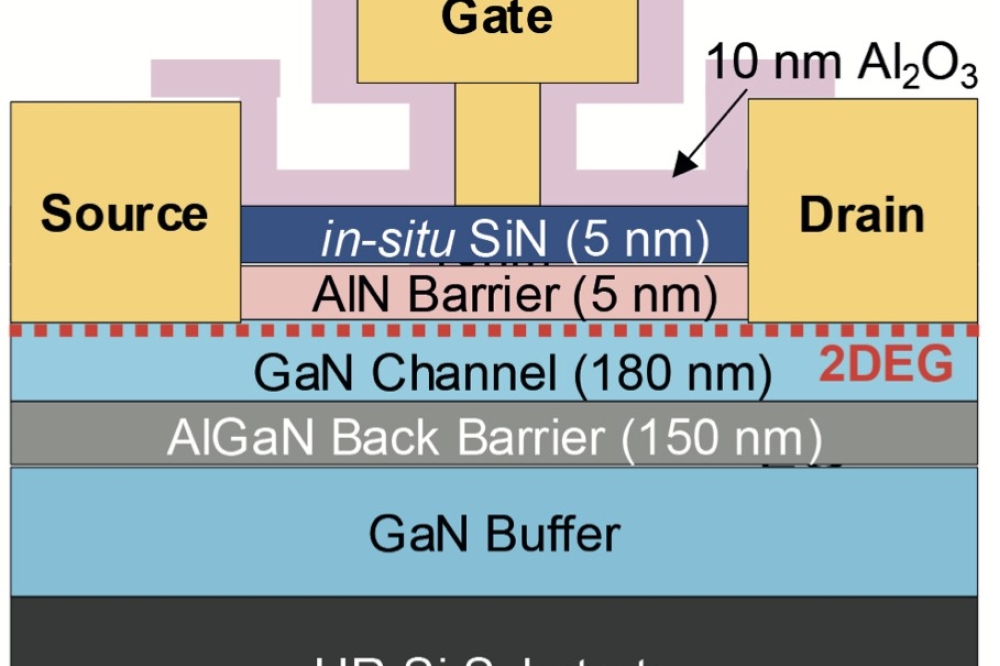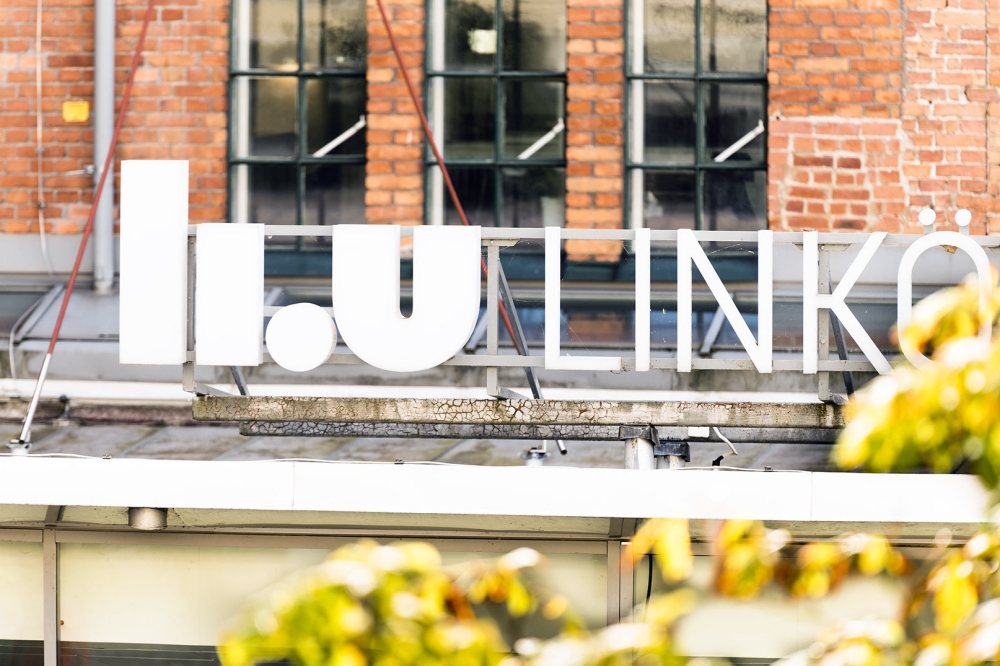CST Global to lead UK DFB laser project

Nano-imprint lithography project hopes to increase laser data rates to 25GBps and cut costs up to 30 percent
III-V optoelectronic fab CST Global is leading a UK government-funded project to produce DFB lasers with increased data rates of 25Gbps and cost savings at up to 30 percent per laser.
Funded by Innovate UK with a grant of just over £820k the two year "˜Diode Laser manufacturing process using Nano-imprint lithography' (DiLaN) project, has support from academic partners Cardiff University and the University College of Swansea & West Wales with additional commercial partner support from the Compound Semiconductor Centre Limited, Cardiff.
Andrew McKee, director of Engineering at CST Global stated: "The massive growth in broadband communications for the Fibre to the Premises (FTTP) market has two, key, driving factors. The first is a rapid increase in demand for single-mode, semiconductor laser solutions, currently exceeding 100 million new units per year. The second is that the data rate capability of lasers using current Passive Optical Networking (PON) technology, at around 1.25-2.5 Gb/s, is not enough to satisfy the ever-increasing bandwidth demands of next-generation networks."
He added: "Nano-imprint lithography is widely recognised as the most credible method of producing high throughput, high-resolution, single-mode, semiconductor lasers at low cost. The lasers also operate in the 1310 to 1550nm wavelength spectrum, which is known to support the increased line rates necessary for next generation networks."


































